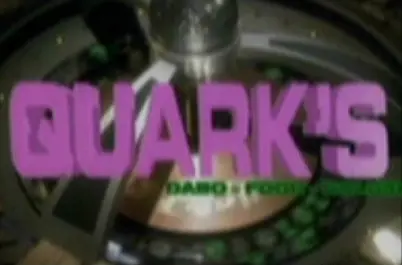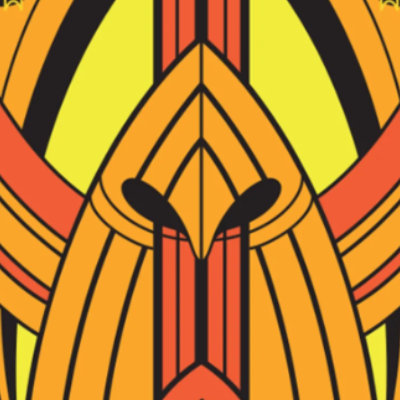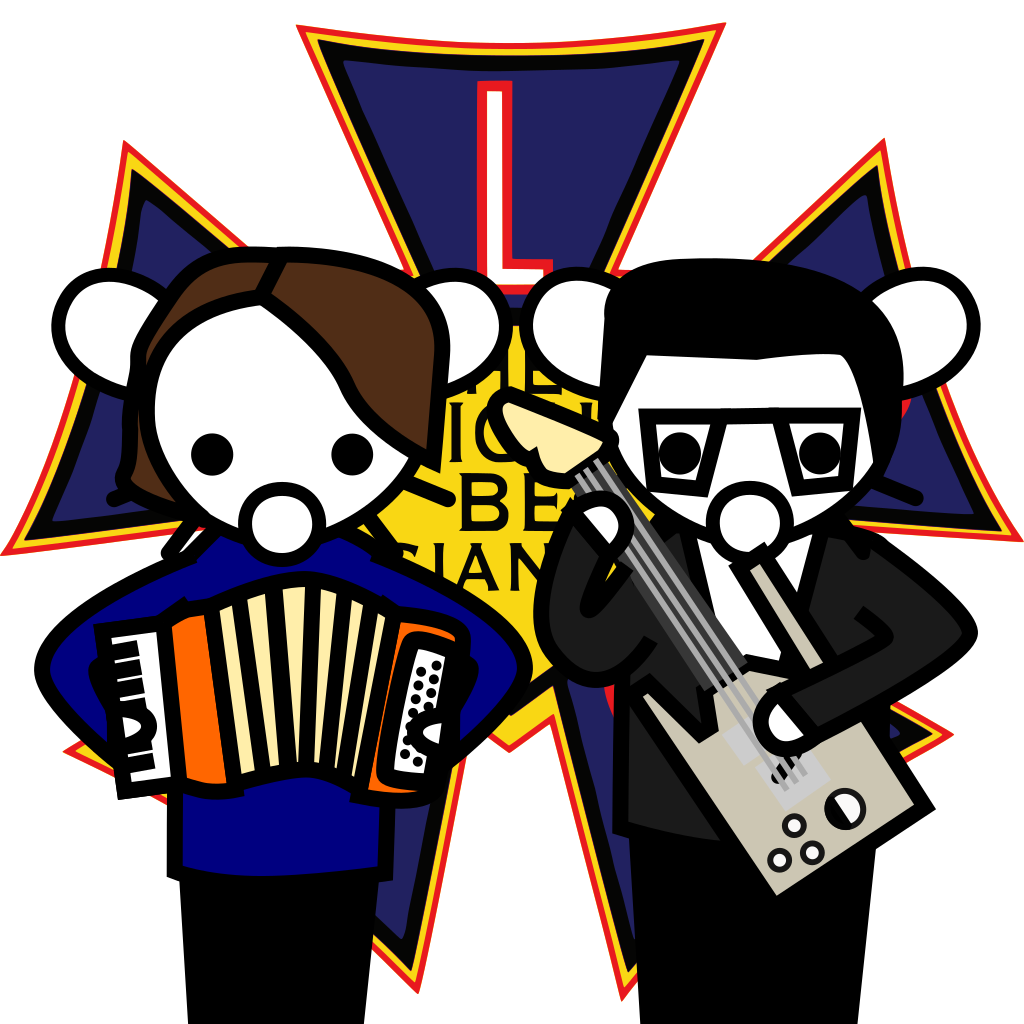You could do signup through a form and just throw a QR code on a poster.
My university Linux Users Group usually uses Crytpad (which is FOSS and seems federated, and has a flagship instance) to create forms for votes, so that might do the trick for you.










At least in the US, they’re all on there.
But then again, people might not want to support Paramount because of their collaboration with Gul Donal. Currently, my parents pay for it, so I used it, but they seem open to the idea of collecting physical media releases and may eventually jump ship because we mostly just watch Trek on it.
Of course, I think the best way to do physical media is to buy used through local businesses rather than directly pay some crappy executives. Last I checked, I think I’ve seen up to LD season 4 on shelves.